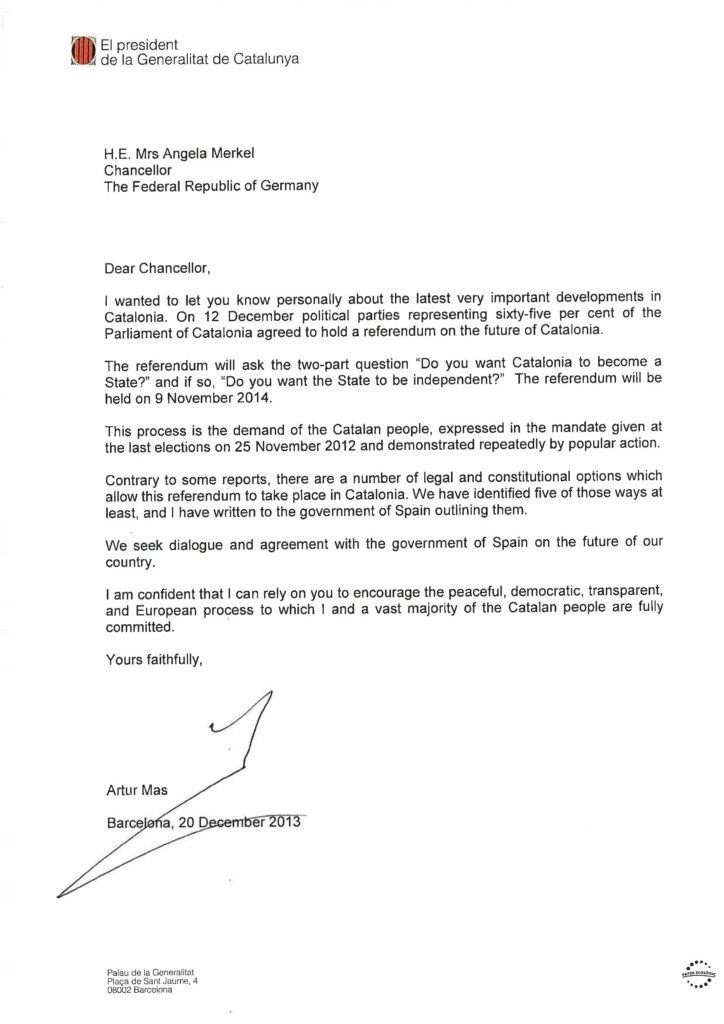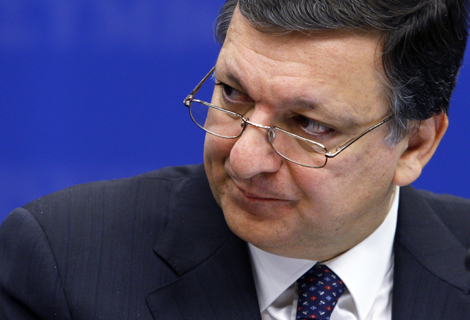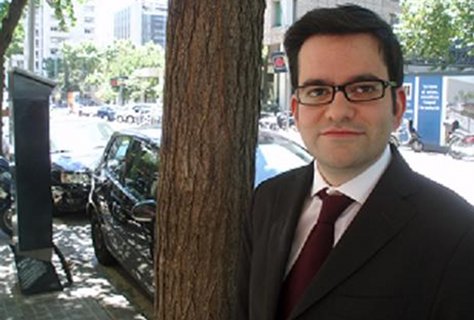03.01.2014 - 13:42
The President of the European Commission, José Manuel Durao Barroso, says that he has not yet received Artur Mas’ letter, according to a statement by his spokesperson to the Catalan News Agency, but he added that as soon as he receives it, he will write a letter in response. Although the Generalitat sent the communication on December 20, Brussels says they have not yet read it and note that ‘during these two weeks between Christmas and New Year’s the Community executive has seen ‘no activity’. ‘He always responds to his mail, and will probably do so personally, although he may also ask another Euro-commissioner to do so,’ explained David Hudson, Barroso’s spokesperson.
Meanwhile, the Catalan Government says that it has already received a reply from several European countries, though not from any of the large states, like Germany, the United Kingdom or France, according to comments made on Catalunya Radio by Roger Albinyana, Secretary of Foreign Affairs, who explained that all of the European states are important and, actually, the objective of the letter is not to elicit a response from the European heads-of-state.
Albinyana also explained that no one from Rajoy’s cabinet has been in touch with the Catalan Government since this new step toward internationalization: “Nobody has gotten in touch with me. Yesterday I read a memo from the Diplomacy Office of the Ministry of Foreign Affairs in which they said once again that if Catalonia becomes independent it will exit the European Union,’ said Albinyana.
Catalonia and Spain begin international diplomatic offensive
The Catalan and Spanish governments are fully aware that one of the keys to the success or failure of the independence process lies in the involvement, pressure, and recognition of the international community. The Spanish Government has repeatedly said that the Catalan issue is an internal affair, but at the same time it has also kept up the pressure on governments and ambasadors to avoid favorable positions with respect to the Catalan cause.
‘I am confident that I can rely on you to encourage this peaceful, democratic, transparent, and European process to which I and a vast majority of the Catalan people are fully committed,’ argued Mas in the letter sent on December 20 to European heads-of-state, and which emphasizes the five legal paths that Catalonia has identified for holding the referendum.
In the letter, Mas points out that the majority that supports the November 9th referendum on independence is comprised of 65% of the Parliament and he explains the wording of the question. Mas goes on to say that this is the ‘demand of the Catalan people’, expressed in the November 25th elections, as well as in diverse popular demonstrations, such as the Catalan Way and the demonstration held on Catalonia’s National Day, Sept 11, 2012.
‘Catalans want to continue to form part of the EU and the Euro zone’
At the same time as the letter was sent, the Catalan Government [Generalitat] also circulated a memorandum among those responsible for Foreign Affairs in 45 countries throughout the world that explains the referendum to be celebrated November 9th of this year.
The text, written by the Catalan Government’s Secretary of Foreign Affairs and of the EU, contains an explanation of the support that the celebration of the referendum enjoys among politicians and the citizenry of Catalonia, and expressly mentions the support in parliament and that demonstrated by grassroots events, like for example, the Catalan Way.
The memo makes clear that the celebration of the referendum “is a political question and not a legal one,” since there is no Spanish or Catalan law that forbids it. “All that is needed is political will,” the memorandum reads.
The text outlines the discrepancies between the positions of the Catalan and Spanish government on this topic, like for example, the Catalan Government’s willingness to discuss the matter in contrast with the position of the political leaders in Madrid, that up to now “have not come come to grips with the reality in Catalonia”, and, in addition, “that Spanish civil servants have attempted to undermine the political authority of the president”.
With respect to the declarations regarding a possible exit of Catalonia from the European Union in the event that it wins its independence, the Catalan government affirms that such statements are made “with the sole intention of scaring voters who support independence”. The documents ensures that there are no precedents in Europe for situations in which one part of a country has become independent, and therefore, “it is false to assert that Catalonia will stop being a member of the EU”. “It is even in Spain’s interest for Catalonia to keep forming part of the EU,” reads the text.
The document adds that “Catalans want to keep forming part of the EU and the Euro zone” and, in any case, “whether or not Catalonia remains in the EU would be a political decision in the hands of the governments of the member states”.
This memo was sent to those in charge of Foreign Affairs of 45 countries around the world, to the personnel responsible for following issues with Spain and Southern Europe, and to ambassadors and consuls-general based in Madrid.





